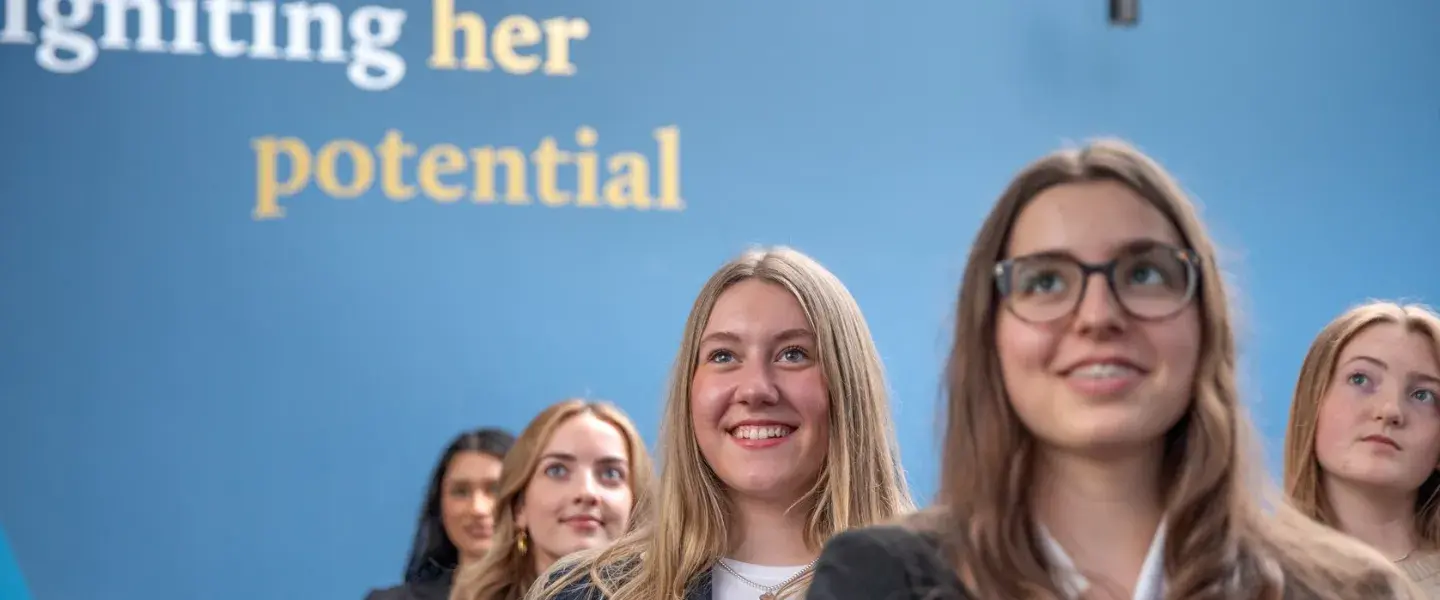
Our Sixth Form Academic Lecture Programme concluded with recent talks on the different sides of psychology and on the mental models used to give solutions to complex problems.
Courteney Fisher, PhD researcher at one of the UK's leading universities, the University of Nottingham, explained her work investigating the computer game Tetris and how its use can modify past memories, usefully 'defusing' intrusive thoughts and flashbacks caused by traumatic life experiences.
"When people hear about memory modification it is often assumed that this is a negative process, but in fact modifying memories can reduce intrusive thoughts and the impact of traumatic memories in a way that is helpful to individuals," said Courteney.
Fellow researcher Francesca Nannetti also talked about her investigations using electricity to stimulate and change brain activity, through the technique of Transcranial Magnetic Stimulation. She explained how Nottingham was one of the leading institutions in the field, and would soon have one of the largest magnetic machines in the world to develop this field of research in the future.
Both researchers gave useful steers to their audience of Year 12 pupils in terms of career progression, explaining their own pathways into research and the opportunities it offers.
The School also invited Vishal Mistry, a third-year undergraduate at the London Interdisciplinary School, to give an insight into the mental models that can be used to devise solutions to complex and multi-faceted problems. He gave his experience of working with fellow students from a wide range of backgrounds to address some of the most pressing problems facing us today.
"Current problems, such as climate change, fast fashion, and social media usage, all involve complex systems that are ever-changing. It is a fact that a solution that works one moment may not be effective further down the line," said Vishal, who had previously studied Computer Science at the University of Manchester.
Vishal went on to explain how mental models can be used as frameworks to address innately complex issues. Examples included the 'First Principles' technique, which seeks to abandon all previous assumptions and build answers from the ground up. Another was the 'Inversion Technique', which requires taking a position that is the exact opposite of what you're trying to achieve, to gain ideas about how a solution might be made to work - such as considering how unhappiness is generated in order to develop better life choices.
The London Interdisciplinary School was founded to bring students of humanities, sciences, and social science disciplines together in a creative way. It has been involved in supporting decision makers from leading UK companies and other major organisations.


